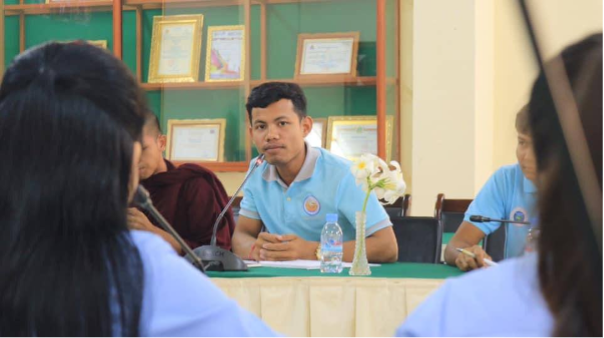
Programme Overviews
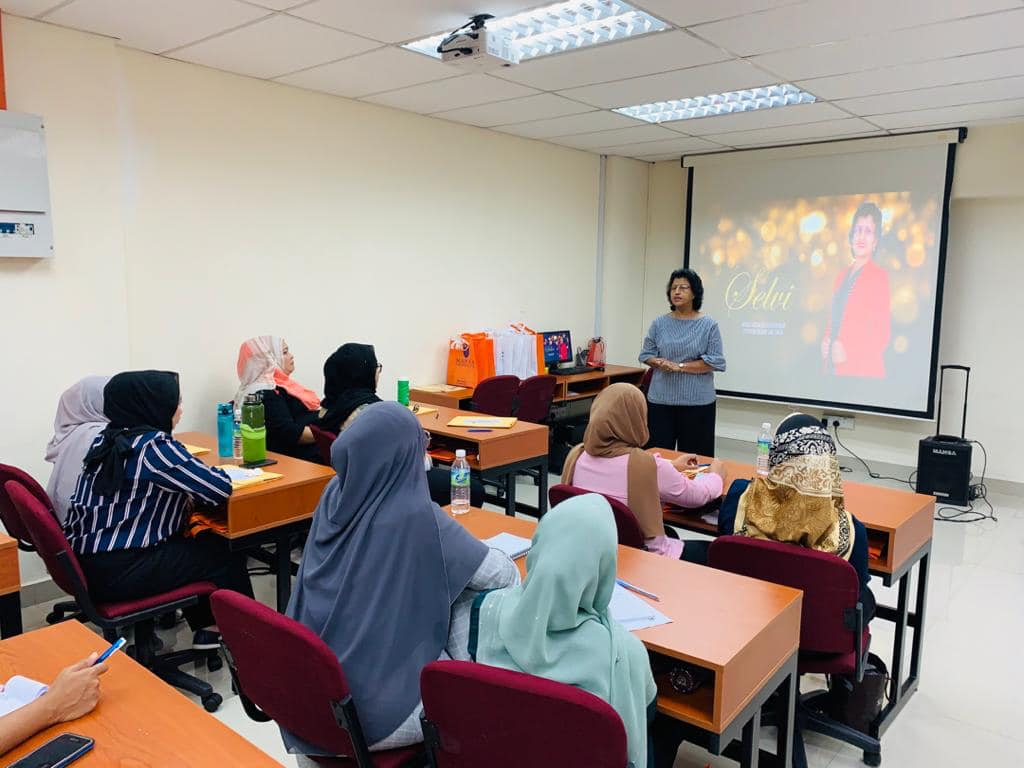
ILO’s Rebuilding Better project and the Women Entrepreneur Network of Malaysia’s “WE Rebuild Better” programme helps women-owned businesses in Malaysia recover from the impacts of COVID-19 while supporting them in adapting for a more resilient future.
Kalaichelvi Ponnambalam has spent over 38 years being a teacher and principle at a prestigious school in Kuala Lumpur, Malaysia. As a teacher, she experienced the ease of mainstream education in providing bright futures, but saw that many fell through the cracks with limited options to learning.
“I saw first-hand how students are rejected by the traditional education system, whether that is from high entry requirements or socio-economic barriers. Many of those disadvantaged come from vulnerable backgrounds. I was very sad with this reality, which is why I decided to resign when the opportunity to give these children hope came by”, she says.
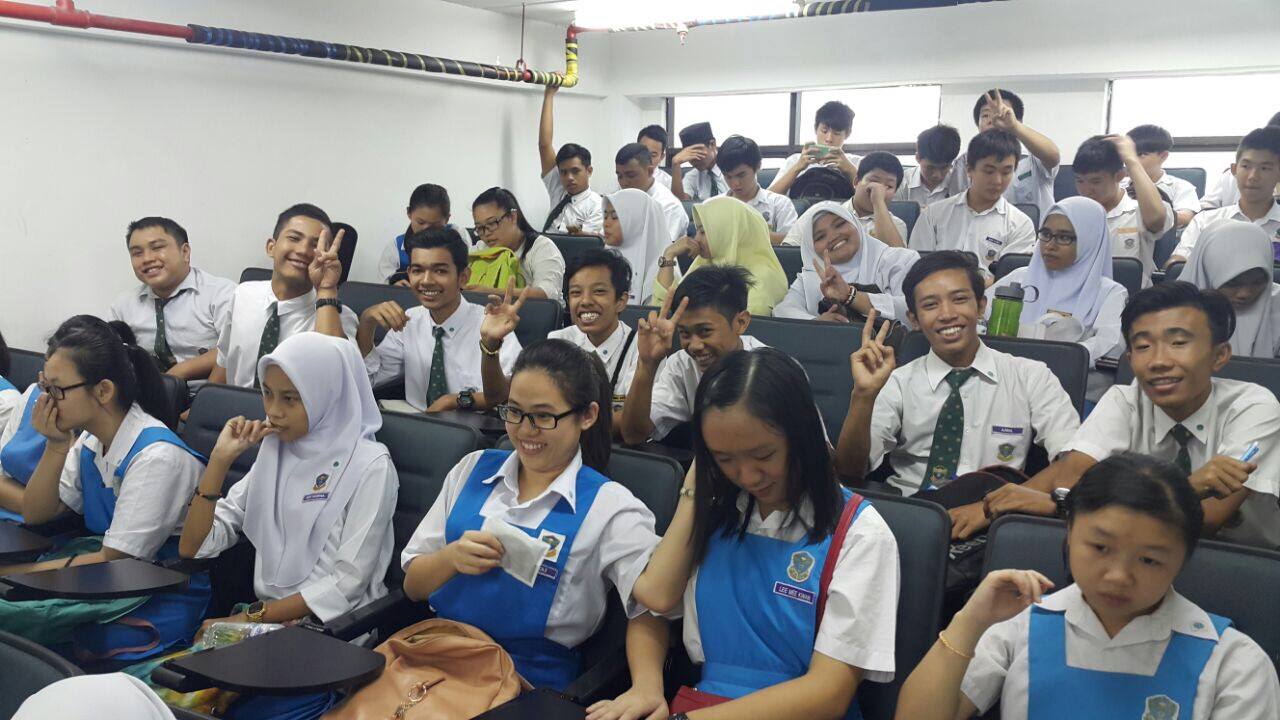
Wanting to create an alternative pathway for young minds, Kalaichelvi, together with her husband and friends, created CQ-TEC TVET College in 2002. The college is a vocational education institution giving all students an opportunity to learn vital skills. After only a year, they had more than 600 students attending from all ages. CQ-TEC now has several branches across Malaysia as the business kept on growing.
“It was very fulfilling to see students transforming since coming to our schools. Watching them grow, finish their diplomas and getting job opportunities. It re-ignited my passion for education”, Kalaichelvi adds.
In 2020 when COVID-19 first struck, Kalaichelvi struggled to keep the college open where all learning was conducted face-to-face. They lost many students and were forced to close the college for over two years. At the same time, students were equally impacted as many had to drop-out from their studies to support their families.
During this time, Kalaichelvi joined the WE Rebuild Better programme, delivered by the ILO and Women Entrepreneur Network of Malaysia (WENA), designed to support women entrepreneurs during COVID-19 and build business resilience. The five-month long programme helped Kalaichelvi receive mentorship, peer support sessions and connecting with fellow women entrepreneurs going through similar challenges.
Together with 50 women entrepreneurs, Kalaichelvi learned about dealing with the impacts of COVID-19 on businesses, how to re-shift their business models and adapt for survival and ultimately, resilience. Technical sessions, such as dealing with human resources, helped Kalaichelvi support and retain many of the college’s staff who continued to receive partial salaries during the crisis.
Adapting online was a difficult task for CQ-TEC, but with the peer support programme, they were able to learn about the power of digital marketing for their business. This allowed Kalaichelvi to reframe the business by hiring a digital team to lead online promotions for the college.
Beyond technical and practical skills, “the programme helped me meet with my peers where we learned so much more each other. The support group helped me feel relieved as I was reminded that I was not alone”, says Kalaichelvi.
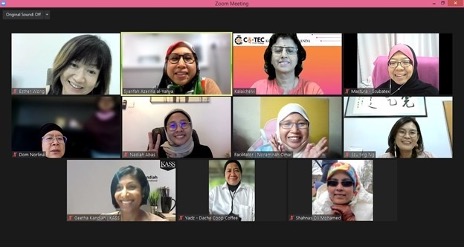
As Kalaichelvi continues to bring her TVET college back on its feet, she has begun to think more widely about the role of education in shaping brighter and more sustainable futures. She was able to learn more about how to champion gender equality in her own work.
“Through the ILO’s programme, I started thinking about how gender bias is ingrained in education, leading to gender discrimination and norms that start very young. This includes perceptions that only boys can fulfil technical professions such as technicians. So I decided to take on some radical promotions, making sure girls were empowered to take on male-dominated skills and career opportunities”, she adds.
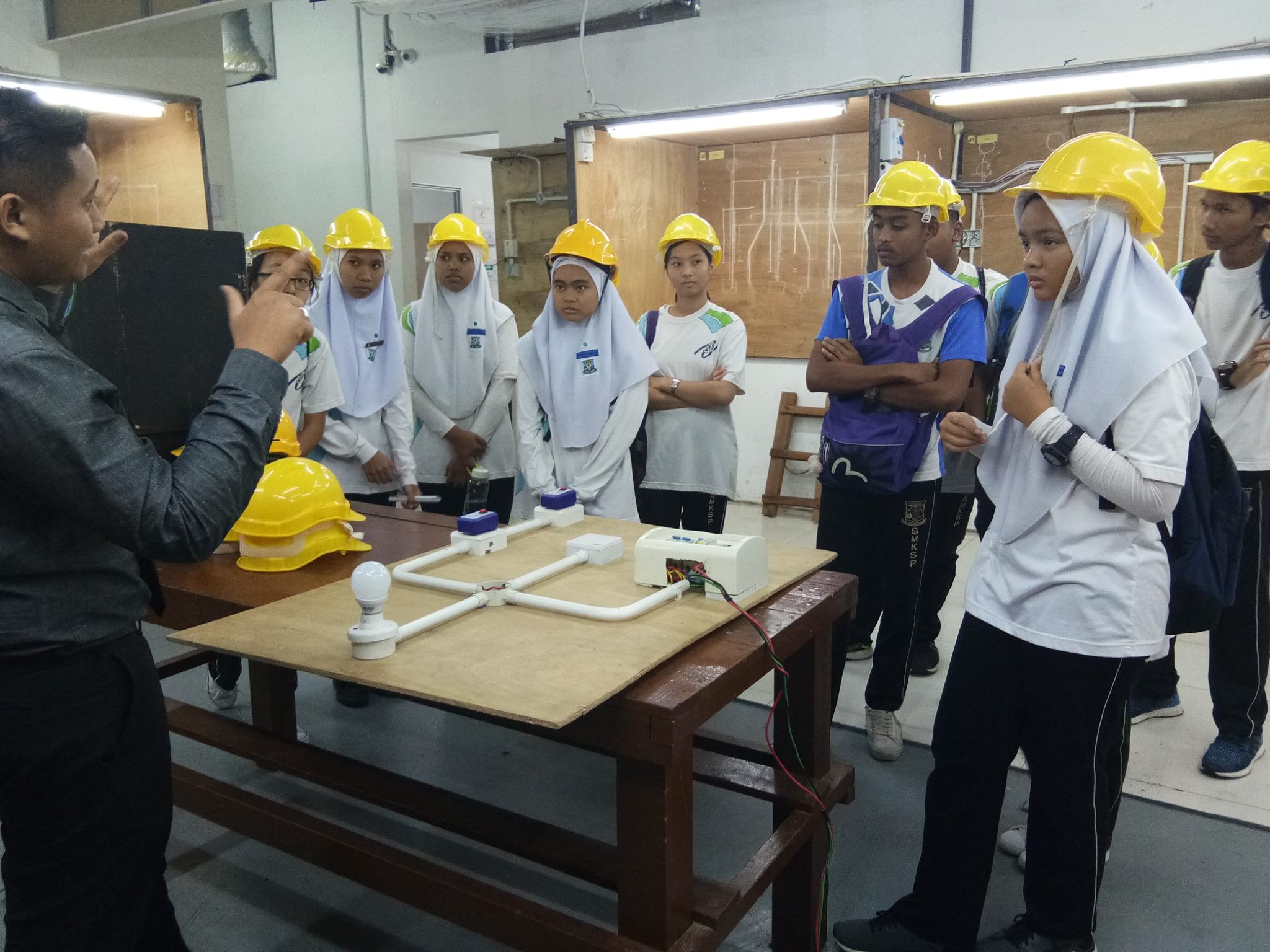 As for Kalaichelvi herself, the programme has encouraged her to think bigger. She has since become a certified coach, going through the accreditation programme, and coaches women pro-bono to support their professional development.
As for Kalaichelvi herself, the programme has encouraged her to think bigger. She has since become a certified coach, going through the accreditation programme, and coaches women pro-bono to support their professional development.
“The WE Rebuild Better programme and the pandemic has made me resilient. I started thinking out of the box and began looking for new opportunities and skills. It made me think about my passion for teaching and education, which led me to find new ways to help others in their learning journey while learning new things myself”, Kalaichelvi adds.
The WE Rebuild Better programme was developed based on the guide published by the ILO’s Rebuilding Better Project in 2021. Other similar programmes are currently implemented in the Philippines and Thailand while new programmes has launched in Malaysia.
